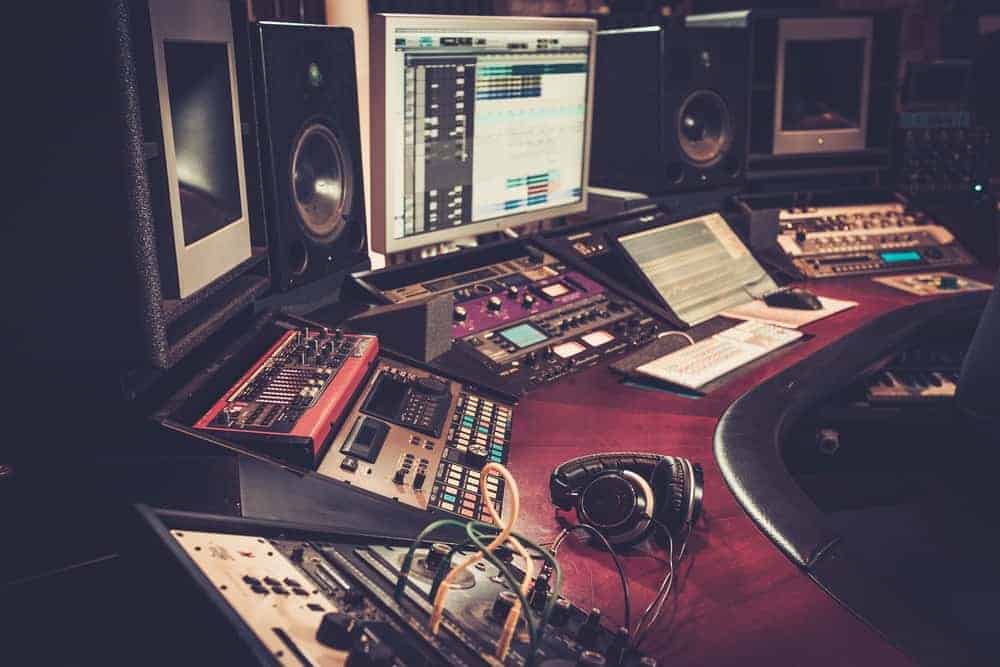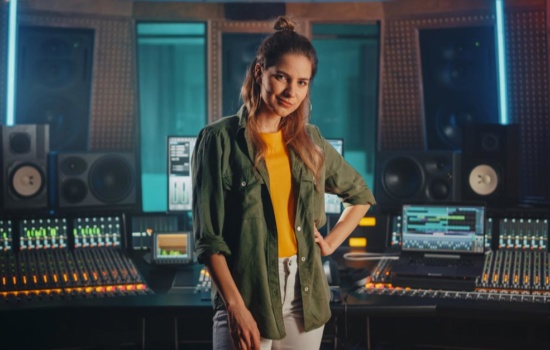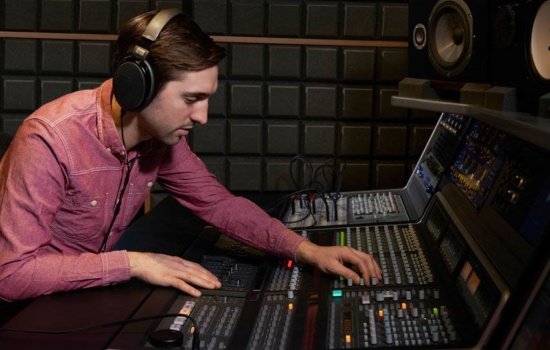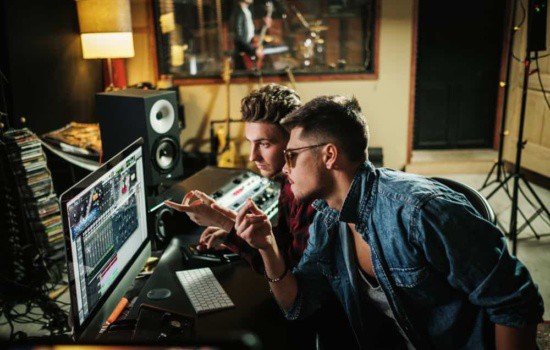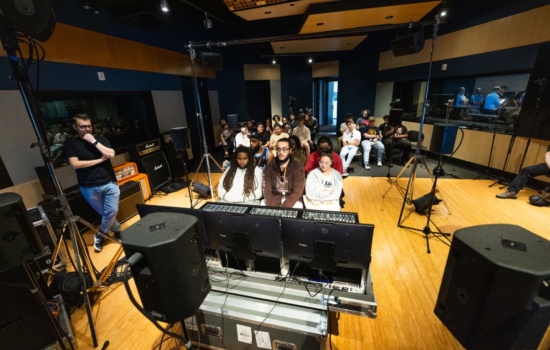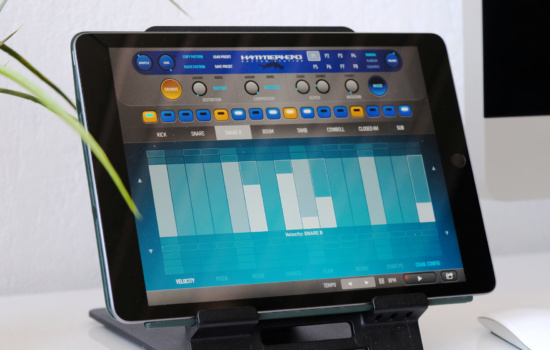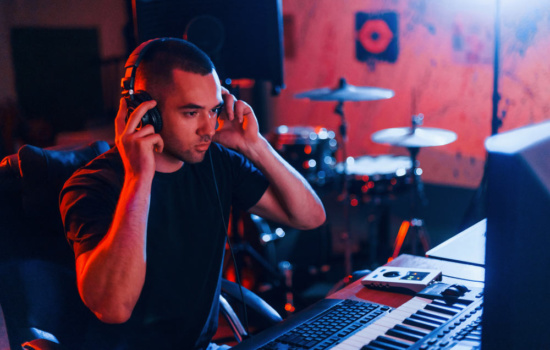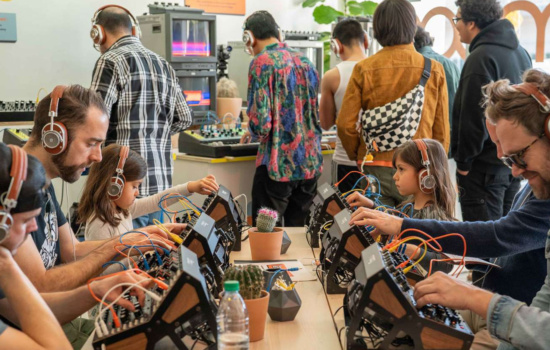Mastering is the last step in making your song sound professional before you release it to the world.
The general idea with mastering is to make all of the song’s elements balanced and sounding the best it can during playback in any form. So mastering done well helps your song sound great on both an iPhone and studio monitors, your car speakers and your earbuds.
Mastering your song is especially important now that people listen on a myriad of devices. So it’s super important to know how and where to get the best master possible.
Usually, the mastering process involves EQ, compression, limiting, enhancement of the stereo audio, and other technical aspects we won’t get into in this article. I’m going to talk about how online mastering and mastering by an Engineer differ and which could be better for you.
